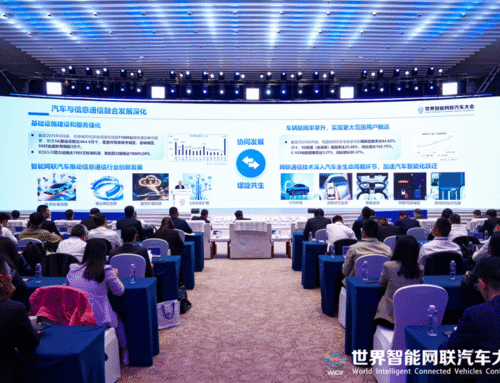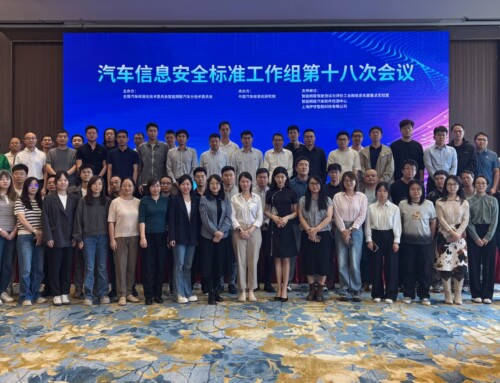On 15 April, 2024, a series of working group meetings for the Third Generation Partnership Project (3GPP) opened in Changsha, Hunan province, co-hosted by the China Communications Standards Association (CCSA) and the China Academy of Information and Communications Technology (CAICT). Representatives from over 40 countries and regions, including China, Europe, the United States, Japan, South Korea, and India, attended the meeting. It focused on developing international standards for the evolution of 5G (5G-Advanced, 5G-A), covering key topics such as the integration of 5G and artificial intelligence, energy efficiency in networks and devices, enhancements in massive antennas, new duplex technology, non-terrestrial communication networks, emerging frequency bands, and integrated sensing channel models.
Puneet Jain, Chair of the 3GPP SA (Services and Systems Aspects) Technical Specification Group, Wanshi Chen, Chair of the RAN (Radio Access Network) Technical Specification Group, and Peter Schmitt, Chair of the CT (Core Network and Terminals) Technical Specification Group, highlighted that 3GPP is currently prioritizing the research for the second release of 5G-A (Release 19). Release 19 will focus on enhancing mobile broadband and vertical services while expanding new device types. Additionally, it will explore foundational technologies to lay a solid foundation for future 6G standardization. 3GPP is already drafting a work plan for 6G international standardization based on the overall framework defined by the International Telecommunication Union (ITU), signaling optimism for continuous progress in 3GPP standardization over the coming years.
Recently, the 103rd 3GPP plenary meeting was held in the Netherlands to finalize the 6G international standardization timeline. 3GPP will start studying 6G service requirements in September 2024, initiate 6G technology pre-research in June 2025, start 6G standardization in the first half of 2027, and complete the foundational version of the 6G standard (Release 21) by 2029.




